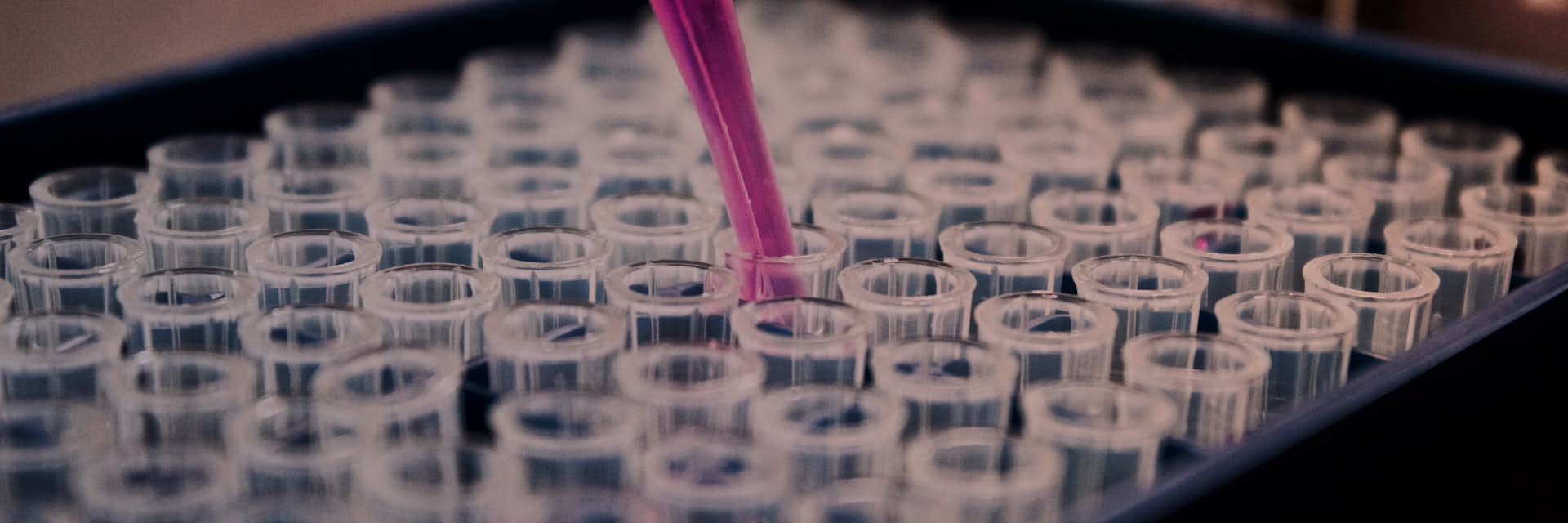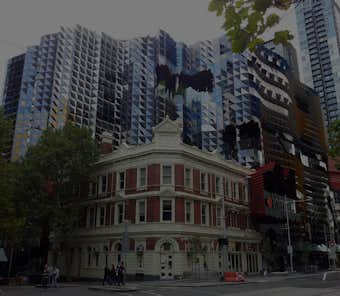
Study pharmaceutical sciences abroad
Find programs that match your eligibility and aspirations then apply with reduced application fees, a free assessment and access to a dedicated advisor.
Find your perfect pharmaceutical sciences programs abroad
Find pharmaceutical sciences programs you love that match your needs & aspirations, where you stand a high chance of acceptance.
Pharmaceutical Sciences degrees abroad
Pharmaceutical sciences is the study of medicines and their effects on the human body. It is a multidisciplinary field encompassing aspects of biology, chemistry, toxicology, engineering, and physiology.
As a pharmaceutical sciences student, you’ll learn about every stage of the drug development process, from design and formulation, through to testing and manufacturing. You’ll explore how human health can be improved through the administration of medicine, and contribute towards pioneering research that could transform the lives of others.
Humans across the globe rely on the work of pharmaceutical scientists for their everyday health and wellbeing. By studying abroad, you’ll gain an appreciation of just how vital the pharmaceutical industry is. You’ll see how health needs and pharmaceutical practices differ across cultures, giving you a more thorough understanding of the field.

Why use Studee?
-
Find your ideal program
Filter 10,000s of programs down to a shortlist perfect for you, where you have a strong chance of getting admitted
-
Apply online via Studee
Complete our application form and enjoy reduced application fees and access to unique Studee scholarships for many universities
-
We assess within 48hrs
We complete an 85-point assessment within 2 business days, help you with improvements then submit to your university
-
University offer in 2-4 weeks
We chase the university for your admission decision and keep you updated. We all celebrate your admission!
All our services are 100% free as we're funded by universities. You pay deposits and tuition fees directly to the university.

Pharmaceutical Sciences program structure
There are plenty of options when it comes to studying pharmaceutical sciences. Completing a BSc over a minimum of three years is the most common route taken by students. Most bachelor’s programs will also include a sandwich year between the second and final years of study so that students can get useful industry insight and experience. As such, it’s not uncommon for undergraduate degrees to last upwards of four years.
If you decide to study in the US, you’ll select pharmaceutical sciences as your four-year major. In line with the country’s liberal arts system, you’ll work on your general education for the first two years of your program, before focusing entirely on pharmaceutical sciences-specific modules in the final half of your degree.
Once you’ve gained your BSc, you can enroll in a research-focused postgraduate course. After finishing an MSc in pharmaceutical sciences over one or two years, you can progress onto a PhD course, which usually takes around five years to complete.
Pharmaceutical sciences programs aim to provide you with the theoretical and practical expertise required to forge a successful career in the field. As such, you’ll likely be taught through a combination of lectures, seminars, workshops, tutorials, and labs.
Although universities around the world will offer different elective modules, most pharmaceutical sciences programs will cover these core areas:
- Fundamentals of pharmaceutical sciences
- Scientific skills and methods in pharmaceutical sciences
- Drug structure
- Biopharmaceutics
- Drug design
- Infection and immunity
- Pharmaceutical policy
- Pharmaceutical manufacturing and control
Types of pharmaceutical sciences degrees
Best countries to study pharmaceutical sciences
Best universities to study pharmaceutical sciences
Pharmaceutical Sciences study abroad programs
Pharmaceutical sciences undergraduate programs
Bachelor's in pharmaceutical sciences
-
Pharmaceutical Sciences - BPharm RMIT University, Australia
- Program type
- Bachelor's
- Duration
- 3 years
- Annual tuition fee
-
42,240 AUD
Fees are displayed in the university's local currency
- Start date
- February
-
Chemical and Pharmaceutical Sciences - BSc (with foundation) Dublin City University, Ireland
- Program type
- Bachelor's
- Duration
- 40 months
- Annual tuition fee
-
16,000 EUR
Fees are displayed in the university's local currency
- Start date
- September
-
Pharmaceutical Sciences - BSc Florida A&M University, USA
- Program type
- Bachelor's
- Duration
- 4 years
- Annual tuition fee
-
17,940 USD
Fees are displayed in the university's local currency
- Start date
- January, May, August
-

Pharmaceutical Sciences - BS University of Nebraska Omaha, USA
- Program type
- Bachelor's
- Duration
- 4 years
- Annual tuition fee
-
20,469 USD
Fees are displayed in the university's local currency
- Start date
- August, January, May
-
Pharmaceutical Sciences - BSc University of Illinois at Chicago, USA
- Program type
- Bachelor's
- Duration
- 4 years
- Annual tuition fee
-
33,616 USD
Fees are displayed in the university's local currency
- Start date
- January, August
Pharmaceutical sciences graduate programs
Master's in pharmaceutical sciences
-

Master of Science in Pharmaceutical Sciences (MSc) - MSc The University of British Columbia, Canada
- Program type
- Master's
- Duration
- 2 years
- Annual tuition fee
-
9,500 CAD
Fees are displayed in the university's local currency
- Start date
- September
-
Pharmaceutical Sciences - MSc Florida A&M University, USA
- Program type
- Master's
- Duration
- 2 years
- Annual tuition fee
-
25,868 USD
Fees are displayed in the university's local currency
- Start date
- January, May, August
-
Pharmaceutical Sciences - MSc Rowan University, USA
- Program type
- Master's
- Duration
- 2 years
- Annual tuition fee
-
16,400 USD
Fees are displayed in the university's local currency
- Start date
- September
-
Pharmaceutical Sciences - MSc Ulster University, UK
- Program type
- Master's
- Duration
- 2 years
- Annual tuition fee
-
19,130 GBP
Fees are displayed in the university's local currency
- Start date
- September
-
Pharmaceutical Sciences - MSc Nova Southeastern University, USA
- Program type
- Master's
- Duration
- 1 year
- Annual tuition fee
-
29,070 USD
Fees are displayed in the university's local currency
- Start date
- August, January, May
Doctorate in pharmaceutical sciences
-
Pharmaceutical Sciences - PhD Florida A&M University, USA
- Program type
- Doctorate
- Duration
- 2 years
- Annual tuition fee
-
24,669 USD
Fees are displayed in the university's local currency
- Start date
- January, May, August
Future pharmaceutical sciences careers
Pharmaceutical sciences is a fast-growing and ever-changing field. You’ll have the opportunity to make a real difference to people’s health and wellbeing by working in roles across research, healthcare, academia, and government.
Most graduates go on to have a rewarding and fulfilling career in some of these positions:
- Pharmaceutical scientist
- Clinical research associate
- Biomedical researcher
- Regulatory affairs officer
- Pharmaceutical sales manager
- Medicines adviser
- Science journalist
It’s important to remember that a degree in pharmaceutical sciences does not qualify you to practice as a pharmacist. To gain legal certification as a pharmacist, you’ll need to have a bachelor of pharmacy (BPharm) degree, as well as a master of pharmacy (MPharm) degree.
If you’re unsure of how to land your dream job, talk to your University’s career advice service. They’ll be able to help you with everything from improving your CV, to securing work experience opportunities.




















